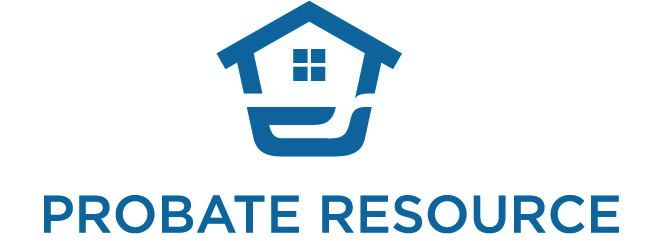Avoiding Probate in Georgia
The grief from losing a loved one can be a lot to bear. Aside from grieving, you might have to take on the responsibility of managing their estate if you are a close relative. Everything from determining what to do with belongings to distributing assets can no doubt be overwhelming. When people leave assets behind, beneficiaries typically have to go through probate court to determine how those assets will be distributed amongst heirs. Because the probate process involves various costs and can take months to complete, it’s natural to question if there are ways of avoiding probate altogether.
Is it possible to skip probate in Georgia? Or is everyone required to go through the probate court process?
Here’s what you should know.
The 4 Possible Ways of Avoiding Probate in Georgia
The good news is that not every estate has to go through probate. The not-so-great news is that probate court can only be avoided if certain arrangements were made before your loved one passed away. What arrangements will absolve you from probate court in Georgia?
#1 If a living trust was established before death
A person’s will won’t keep you out of probate court, but a living trust will. A living trust can be set up for almost any type of asset with value, including real estate, bank accounts, jewelry, fine art, and even intellectual property. The person who owns the assets, otherwise known as the grantor, releases ownership of their assets when they put it into a trust. The trust is essentially “funded” by whatever assets the grantor chooses. Once the trust is funded, the assets are held in the name of the trust and are no longer in the name of the grantor. However, the grantor typically remains the trustee until death. The grantor is responsible for assigning a successor trustee to ensure that the assets are distributed to the desired heirs after death. The trustee can be someone the grantor knows or a professional trustee.
A trust may contain stipulations or conditions that a beneficiary must meet before they receive their part of the estate. For instance, a grandchild might have to reach the age of 25 before receiving their inheritance. Keep in mind that the deceased may have established a trust for some of their assets but not all of them. Assets that aren’t entered into a living trust will have to go through the probate process. How would you know if the grantor established a trust? Trusts aren’t public record. The successor trustee or a trust attorney should provide a copy of the trust to the heir(s) even if state law doesn’t require it.
#2 If You Jointly Owned Assets with the Deceased
If the deceased jointly owned real estate, businesses, bank accounts, or other property with another person, those assets will not have to go through probate court. This is called joint tenancy with survivorship. Joint tenancy is a legal arrangement in which two or more people own equal shares of property together. The surviving owner of the asset will automatically receive 100% ownership without having to go through probate court. The surviving owner does not have to be a spouse or relative; it can be anyone as long as they are named as a co-owner on the title. So, if you owned a home with the deceased, and your name is on the title, you automatically inherit the home.
#3 The deceased named beneficiaries on their bank accounts and retirement accounts.
In Georgia, an account owner can assign a beneficiary to their checking account, savings account, certificates of deposit (CD), and other accounts by exercising a “payable-on-death” (POD) form. The account owner may designate all or a portion of their finances to one or more beneficiaries. When the account owner dies, beneficiaries will automatically receive their portion of the inheritance directly from the bank without having to go through probate.
The deceased could have established a POD as well as a will. But it’s important to note that a payable-on-death designation takes precedence over a last will and testament. In other words, if there is conflicting beneficiary information between the POD and the will, the beneficiary or beneficiaries on the POD will receive the inheritance from a specified account. The POD beneficiary is not required to split the inheritance with beneficiaries named in the last will and testament.
#4 If the Deceased Exercised a Transfer-on-Death Registration (TOD) for Securities.
A TOD is similar to a POD. In Georgia, the owner of stocks and bonds can designate a beneficiary by exercising a transfer-on-death form. If your loved one set up a TOD for their securities accounts before death, the accounts will automatically transfer to the named beneficiaries through the brokerage company, all without having to go through probate.
What Happens if I don’t file for Probate?
If your loved one didn’t make any of the arrangements mentioned above, it’s in your best interest to find out how to begin the process. If you don’t file for probate, you will not be able to transfer ownership of assets from your loved one’s name. Also, if you knowingly fail to file an existing will in probate court, heirs can hold you liable in both criminal court and civil court for what is due to them.
If you’re dealing with an intestate estate, meaning an estate without a will in place, you’ll still want to file for probate to ensure assets are distributed using the proper succession of heirs.
